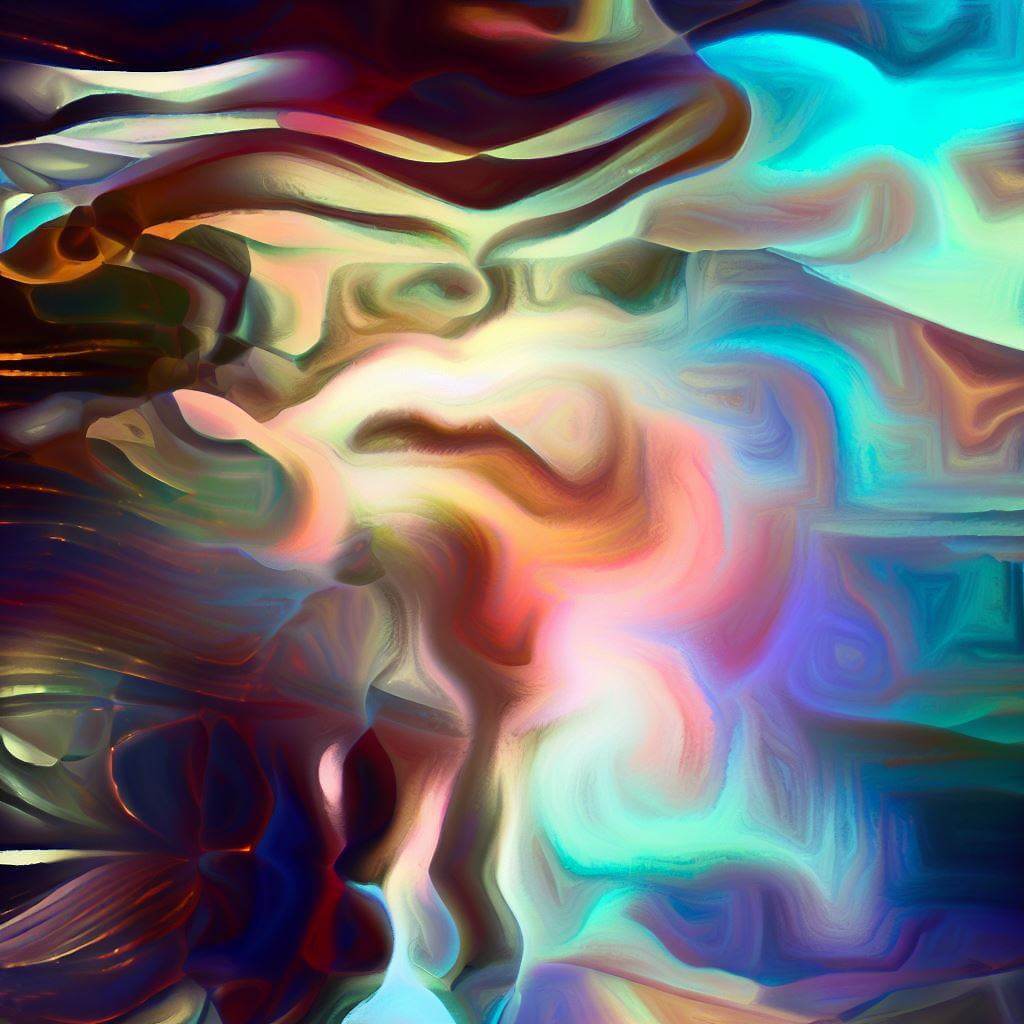Have you ever woken up in the middle of the night feeling completely disoriented, confused and unable to move? If so, you may have experienced confusional arousal, a phenomenon that affects millions of people worldwide. This is a sleep disorder that can cause a variety of symptoms, including confusion, disorientation and even hallucinations. Although relatively common, this disorder is not well understood, and its causes remain a mystery to many. In this article, we'll explore the fascinating world of confusional arousal, discussing its symptoms, causes and potential treatments. Whether you're looking for answers to your own experiences or are simply curious about this intriguing sleep disorder, read on to find out more about unlocking the mysteries of confusional arousal.
Causes of confusional arousal
Confusional arousal is a sleep disorder that occurs during the deep sleep phase. During this phase, the brain is resting and recuperating, but for some people, a disturbance can occur that wakes them up. The causes of this disturbance can vary from person to person, but can include factors such as stress, fatigue, alcohol and medication.
Stress is one of the main causes. When we're stressed, our bodies produce hormones that can disrupt our sleep and wake us up in the middle of the night. Fatigue is another common cause. If you're exhausted, your body may have trouble falling asleep and staying asleep, which can lead to confused waking.
Substances such as alcohol and medication can also cause it. Alcohol is a central nervous system depressant that can disrupt sleep and cause confusional arousals. Certain medications, such as benzodiazepines, can also cause confusional arousals by disrupting sleep.

Symptoms of confusional state
Confusional arousal can cause a variety of symptoms, which can vary from person to person. Some of the most common symptoms include confusion, disorientation, difficulty speaking or moving, and even hallucinations. People may feel disoriented and unable to understand what's going on around them. They may also have difficulty speaking or moving, which can be very frightening.
Sufferers may also experience hallucinations. Hallucinations are sensory perceptions that are not real, but which seem real to the person experiencing them. These can include images, sounds or even physical sensations.
Who is at risk of confusional arousal?
Confusional arousal can affect anyone, but some people are more at risk than others. People with other sleep disorders, such as sleep apnea or restless legs syndrome, are at greater risk. People suffering from anxiety disorders or depression are also at greater risk.
Children are also at greater risk of confusional arousal than adults. Children with a family history are at greater risk of developing the disorder themselves.
Diagnosis of confusional arousal
Diagnosing confusional arousal can be difficult, as the symptoms may be similar to those of other sleep disorders. To lw diagnose, your doctor may ask you questions about your symptoms and medical history. They may also ask you to keep a sleep diary to track your confusional arousals.
In some cases, your doctor may recommend sleep tests to diagnose confusional arousal. Sleep tests may include polysomnography, which measures brain activity, eye movements and muscle movements during sleep.

Treatments for confusional arousal
Treatment of confusional arousal will depend on the underlying cause of the disorder. If it is caused by stress, treatment may include stress management techniques or hypnosis.
Test our hypnosis and sophrology program " sleep You'll find that a "good night's sleep" at home can help you reduce stress and get a better night's sleep.
Coping mechanisms for people suffering from confusional arousal
People suffering from confusional arousal may find it difficult to cope with the symptoms of the disorder. Coping mechanisms can help reduce symptoms and improve sleep quality. Coping mechanisms may include relaxation techniques, such as deep breathing or meditation, which can help reduce stress and anxiety.
Relaxation techniques can also help improve sleep quality by promoting deeper, more peaceful sleep. People suffering from confusional arousal may also find it helpful to talk to a counselor or therapist for support and advice.
Strategies to prevent confusion
There are several strategies you can use to prevent confusional arousal. One of the most important strategies is to maintain a regular sleep routine. Try to go to bed and get up at the same time every day, even on weekends.
It's also important to create a calm, comfortable sleeping environment. Make sure your bedroom is dark, quiet and at a comfortable temperature. Avoid watching TV or using electronic devices before bedtime, as these can disrupt your sleep.
Living with confusional arousal
Confusional arousal can be a difficult sleep disorder to live with, but there are ways to manage the symptoms and live a normal life. If you suffer from it, it's important to talk to your doctor for a diagnosis and advice on treatment options.
It's also important to take care of yourself by following a regular sleep routine, avoiding stress triggers and using relaxation techniques to reduce anxiety. With the right treatment and coping mechanisms, you can live a normal life despite confusional arousal.

Conclusion
Confusional arousal is a common sleep disorder that can cause a variety of symptoms, including confusion, disorientation and even hallucinations. While the causes are not well understood, there are treatment options and coping mechanisms that can help reduce symptoms and improve sleep quality. If you suffer from confusional arousal, it's important to talk to your doctor for a diagnosis and advice on treatment options. With the right treatment and coping mechanisms, you can live a normal life in spite of it.
Test hypnosis and sophrology for free now to sleep better tonight with our online application : https://lagoon.opensynaps.com









































